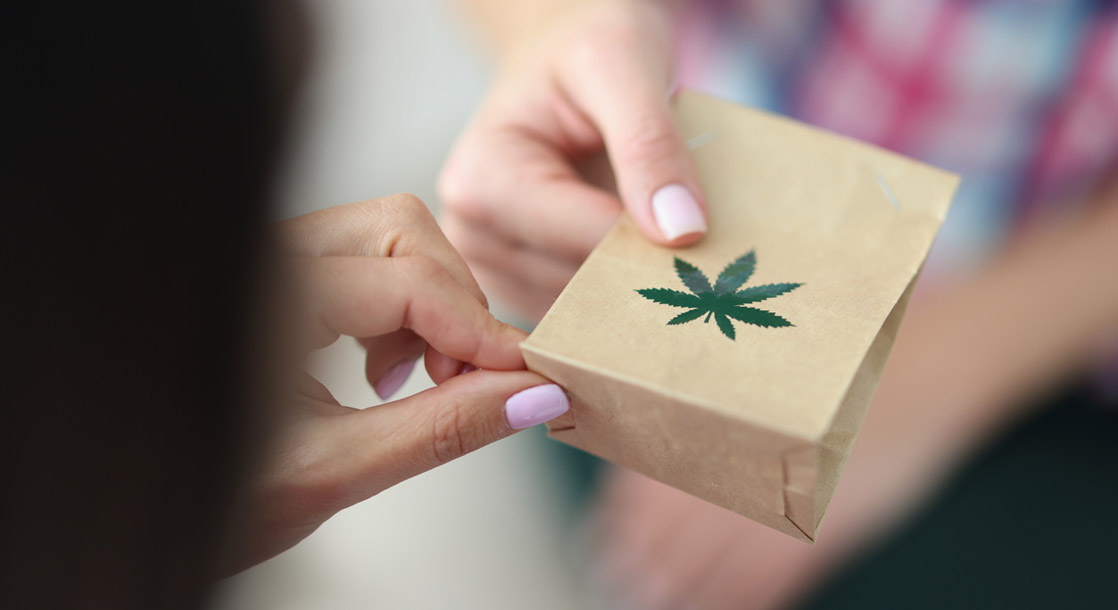Cover image via
Oregon just doubled the quantity of weed that adults are legally allowed to buy and authorized dispensaries to deliver weed across state lines. These changes, along with several other new regulations, are part of a broader effort to modernize the state’s adult-use industry.
Last year, the state legislature passed two bills that revised state guidelines on unlicensed hemp products and restructured penalties for weed businesses that violate state regulations. Late last month, the Oregon Liquor and Cannabis Commission (OLCC) expanded on these bills with several new regulations to streamline oversight of the adult-use industry and help legal businesses compete against the black market.
“These rules try to balance a number of different concerns – consumer health and safety, interests of small and large operators in our industry, and public safety concerns around loopholes in the Federal Farm Bill of 2018, and the illicit farm production taking place in Oregon,” said OLCC Executive Director Steve Marks in a statement.
As of Jan. 1, adults are allowed to buy up to two ounces of weed at one time, twice the amount that was previously legal. And starting April 1st, the legal THC limit for cannabis edibles will also double from 50mg to 100mg per package. Edible manufacturers will still need to divide each edible product into individual 10mg servings, however.
Under the new regulations, home delivery services will now be allowed to deliver weed across city and county lines. “This new rule will enable consumers who currently live where delivery doesn’t exist to be served by a business in a city or county that already has delivery,” regulators explained. “Previously, delivery was limited only to the city or county where a cannabis retailer is located.”
State officials are hoping that this wider range of product and delivery options will encourage more customers to buy weed legally. Despite the success of Oregon’s cannabis industry, the local black market is still going strong. According to one report, as many as half of the hemp farms in the state are growing illegal weed on the side, and many black market farms are illegally siphoning water from the drought-stricken state.
The OLCC has also restructured its list of regulation violation categories, which dates back to 2016. By streamlining this list, regulators hope to reduce penalties and decrease the number of violations that can lead to a business losing its license. These revisions aim to lighten the burden of operation for legal businesses, helping them remain competitive with illegal pot growers that are able to skirt the state’s rules.
Lawmakers and regulators have also agreed on new rules that will help distinguish hemp products containing delta-8-THC and other intoxicating cannabinoids from legal weed products. Starting July 1st, hemp edibles will be limited to 2mg of THC per serving, and all hemp products will be limited to 20mg of THC per package. Hemp producers will also now be required to submit all hemp-based dietary supplements and infused foods for regulatory review, but have 18 months to comply with these new rules.
“We did listen to the public and did make significant changes to these rules and I want to reiterate that we have come a very long way,” said Marks. “And this industry established success for Oregon. We are creating a successful business market, a successful consumer market. This is another big turn of progress.”











